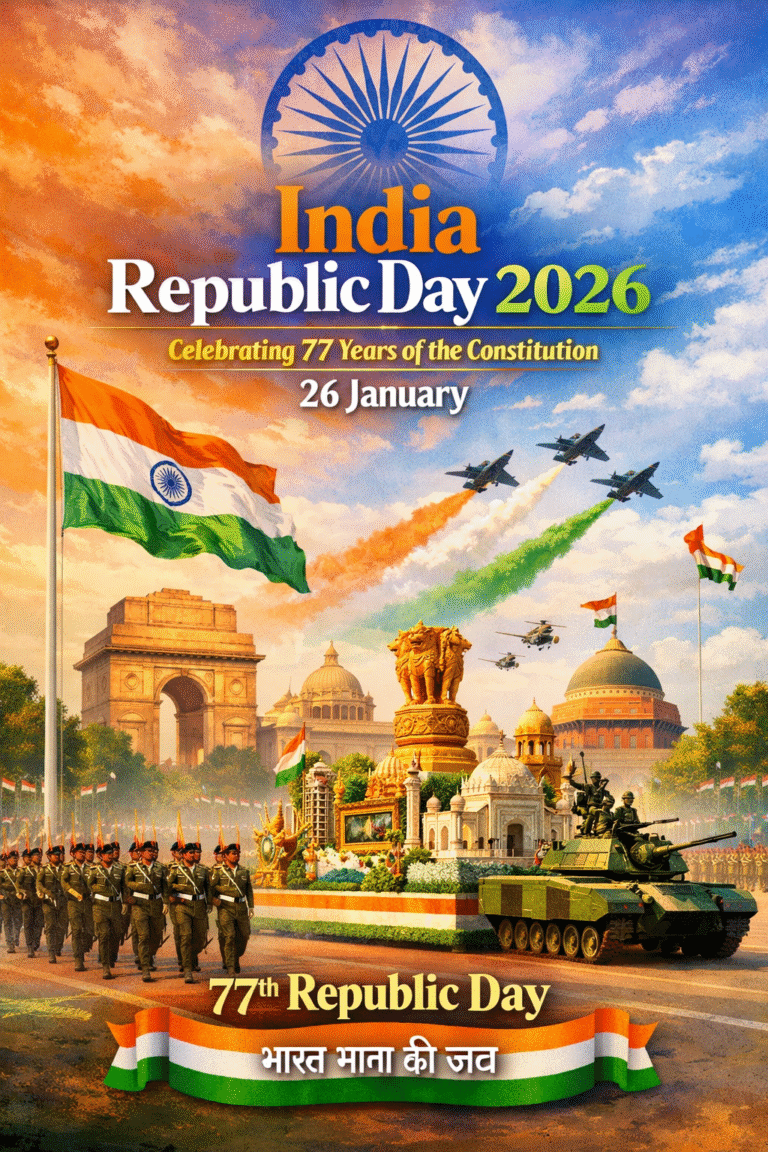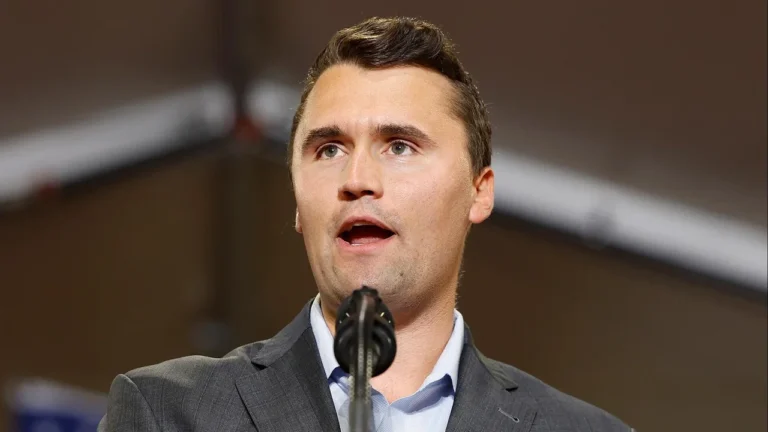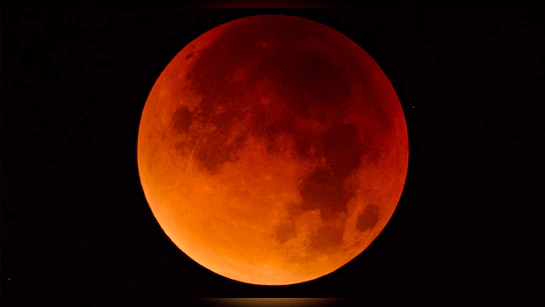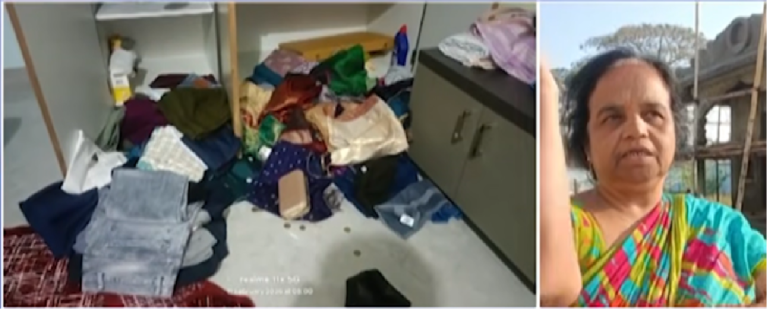Shubhanshu Shukla Returns to Earth After Historic Space Mission
Group Captain Shubhanshu Shukla has made a successful return to Earth after completing a remarkable mission aboard the International Space Station. This event marks a historic moment in Indian space history, as he becomes the first Indian to travel to the ISS and the second Indian to venture into space after Rakesh Sharma in 1984.
The return was executed by the SpaceX Dragon capsule named Grace, which landed safely in the Pacific Ocean near San Diego on July 15 in the afternoon (Indian time). The landing was precise and on schedule, bringing Shukla and his Axiom Mission 4 crew members safely back home. The other members of the mission included veteran astronaut Peggy Whitson and mission specialists Slawosz Uzanski from Poland and Tibor Kapu from Hungary.
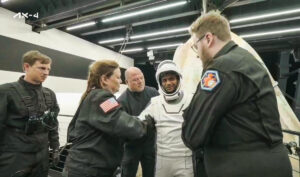
As he exited the capsule, Shubhanshu Shukla waved the Indian flag and smiled proudly at the recovery team and the global audience. His safe return was greeted with joy and celebration across the nation. From common citizens to top government leaders, the entire country expressed immense pride in his achievement.
The mission lasted 18 days in space, during which Shukla conducted several scientific experiments onboard the ISS. His work mainly focused on plant biology, material science, and artificial intelligence. All of these experiments were developed in coordination with the Indian Space Research Organisation (ISRO). The objective was to gather critical data that would help prepare India for its own human spaceflight program, Gaganyaan, which is currently under development.
One of the most notable contributions of the mission was the return of over 260 kilograms of scientific cargo from space. This included research samples, equipment, and experiment results from over 31 countries, including India. This makes the mission not only a personal achievement for Shukla but also a significant contribution to international science and collaboration.
Born in Uttar Pradesh and trained as a fighter pilot in the Indian Air Force, Shubhanshu Shukla was selected for the mission through a partnership between ISRO, NASA, and Axiom Space. His background in aviation, engineering, and science made him an ideal candidate for India’s first participation in a commercial spaceflight to the ISS.
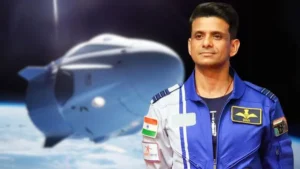
His training included rigorous physical, mental, and technical preparation spread over more than a year in facilities across India and the United States. In the mission, he was responsible for leading several technical and scientific tasks while also acting as a representative of India in an international crew.
The Prime Minister of India praised Shubhanshu Shukla upon his return, stating that he has inspired a billion dreams and brought new energy to India’s journey in space. The Prime Minister also highlighted that Shukla’s mission is a strong step toward India’s own space ambitions, especially the upcoming Gaganyaan program.
The President of India also congratulated him, calling the moment a defining chapter in Indian scientific history and a proud day for the entire nation. Defense Minister Rajnath Singh said that Shukla has lifted India’s name to the stars with his dedication and courage.
Leaders across various states—including Uttar Pradesh, Karnataka, and West Bengal—expressed their pride and congratulated the astronaut on social media and public platforms. Young students in many schools watched the landing live and took part in discussions and activities organized in honor of the returning astronaut.
Upon return, Shubanshu Shukla was immediately taken for a week-long medical observation and rehabilitation process. This is a standard protocol for astronauts returning from space to help them readjust to gravity and to monitor their health. His medical checkups are being conducted in collaboration with NASA, ISRO, and Axiom medical teams in Houston, Texas.
According to officials, the astronaut will undergo various tests that include bone density scans, cardiovascular checkups, immune system assessments, and neurosensory evaluations. This data will not only help in Shukla’s recovery but will also provide valuable insights for future space missions, especially those planned by India.
Shubhanshu Shukla is expected to meet with scientists, leaders, and students in the coming weeks after completing his rehabilitation. He will also share detailed reports on the outcomes of the space experiments conducted on behalf of ISRO. This feedback will directly feed into the planning and design of India’s first independent crewed space mission.
Another exciting development is that Shukla is reportedly working on a book that will detail his personal journey, his training, and life aboard the ISS. The book is expected to inspire millions of young Indians to explore careers in science, technology, and space research.
Apart from his role as an astronaut, Shubanshu Shukla is now seen as a symbol of global collaboration in science. His mission was supported by multiple international agencies and space organizations. He demonstrated that Indian talent can thrive in any environment—be it in fighter jets or aboard the most advanced space labs.
ISRO has emphasized that the mission was not just symbolic but strategically important. India reportedly invested over 550 crore rupees in this mission and, in return, gained vital experience in astronaut training, life sciences, microgravity research, and international coordination. This experience will accelerate the development of Gaganyaan and other space programs in the future.
Shukla’s calm discipline and excellence in performing mission tasks have been praised by fellow astronauts and mission directors. He was known for his focus under pressure and his ability to solve complex problems in limited time, which are key traits for any successful space traveler.
As India looks ahead to the future of space exploration, Shubanshu Shukla’s mission serves as a powerful foundation. His experience will guide the training of future astronauts and help improve the design and functionality of crewed space vehicles and life-support systems.
The successful completion of this mission has also boosted the confidence of Indian youth, especially those interested in aerospace engineering, robotics, and space science. Universities across the country have already seen a rise in applications in STEM fields since the announcement of Shukla’s mission earlier this year.
In the coming months, Shubanshu Shukla is also expected to participate in public awareness campaigns for science education and innovation. He has stated that one of his main goals is to mentor the next generation of Indian space explorers and scientists.
In summary, Shubhanshu Shukla’s return to Earth marks the beginning of a new era in Indian space history. His courage, intelligence, and commitment have brought pride to the nation and opened new doors for India’s ambitions in outer space. His journey is not just a personal success but a national achievement that will inspire future generations for years to come.

